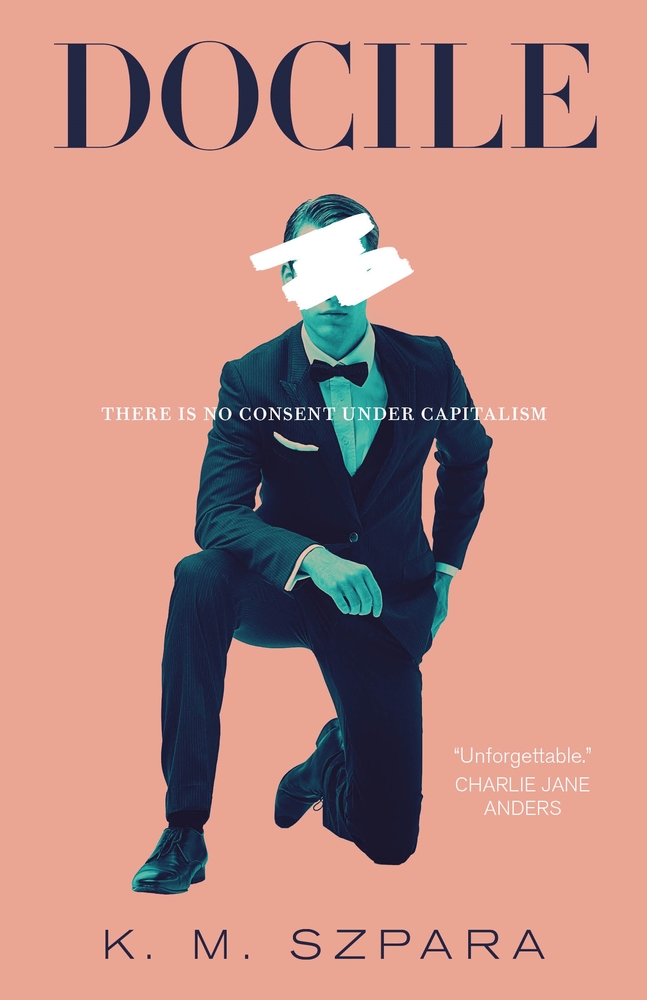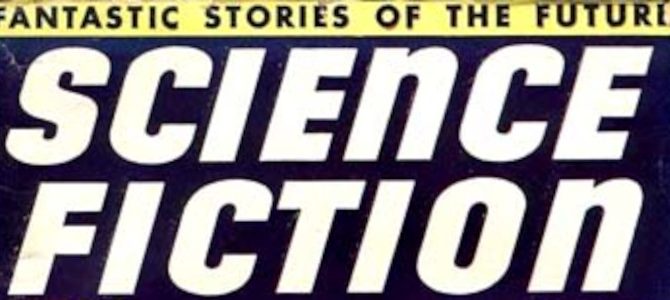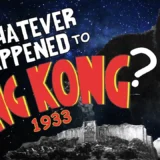Let’s try looking back at the Foundation universe… which some of you have read… considering Isaac Asimov’s sci fi classic in light of his acknowledged influences – Edward Gibbon, Adam Smith and Karl Marx… which I would venture almost none of you have read. Indeed, I am less well-read in those three than I ought to be, though I am very well-read in Asimov! And hence, let me attempt to do my main job…
…to be interesting. To offer perspectives you may find nowhere else.
== Isaac Asimov knew them all! ==
Fans of Asimov’s Foundation series often cite Isaac being inspired by Gibbon’s classic, The Decline & Fall of the Roman Empire, and of course that is apt…
… though in Foundation’s Triumph I point out that Asimov’s future Galactic Empire based on Planet Trantor has many traits that are more Chinese than Roman. Especially the way it is run by an all-powerful caste of eunuchs. (The robots obedient to Daneel Olivaw, who are sterile and loyal, but relentlessly manipulative, behind the scenes.)
But another inspiration deeply affected Asimov. Anyone doing historical musings in the first half of the 20th Century – and well into the second half – was deeply affected by the historiographic incantations and predictions of Karl Marx. Indeed, he was so widely read and so influential that notions of inevitable effects of technology on class struggle profoundly influenced Ayn Rand, for example!
In Asimov’s case, the reflex was not to create a quasi-religious scripture, but rather to envision the crude Marxian methods being developed into a vastly intricate and fact-grounded science.A science called psychohistory.
Of course, Isaac had a scientist’s habit of questioning all models, even his own! And this led, decade after decade, to Isaac arguing with his former self! Discovering flaws and innovating possible solutions, a process that I describe in greater detail here… in a grand, galactic thought experiment that I completed (I think), bringing everything full circle in Foundation’s Triumph.
== Applying this to today ==
So what does any of this have to do with the politics of here and now? Both the confident prediction-incantations of Marx and the whole notion of psychohistory appear… well… kinda quaint to modern minds. Allowing us to shrug-off and even forget how compelling both were to both the masses and all wings of intelligentsia, a couple of generations back.
Read on at: Isaac Asimov, Karl Marx & the Hari Seldon Paradox
Source: Isaac Asimov, Karl Marx & the Hari Seldon Paradox











Recent Comments